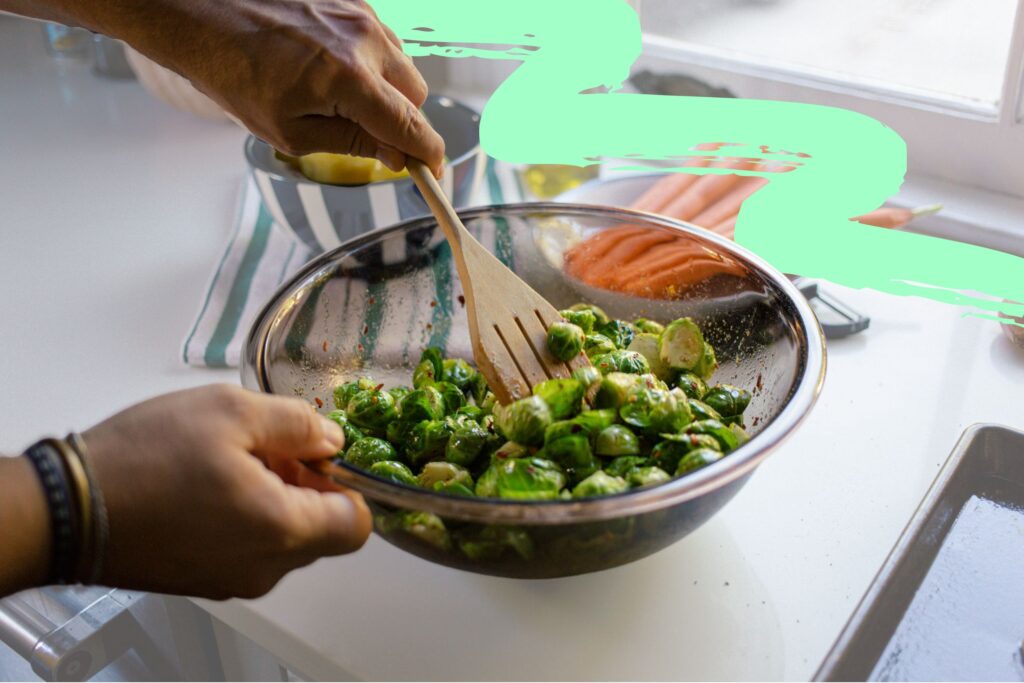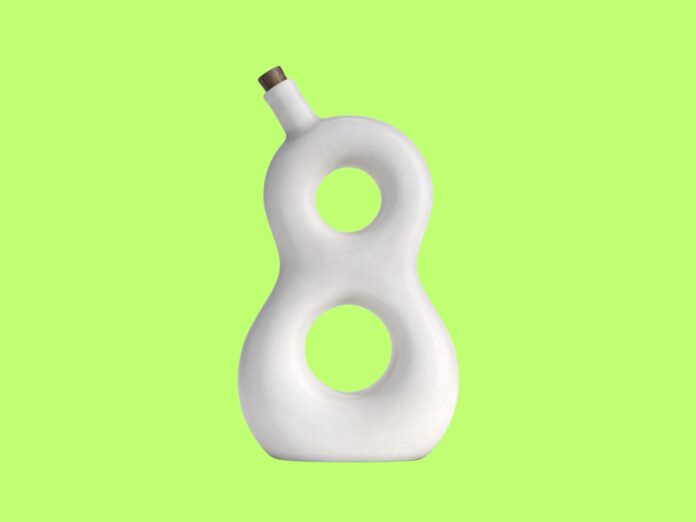Brussels sprouts are a festive vegetable that are not only delicious, but taste great, too. Known for being particularly good for eye health, they are also packed with vitamins and minerals.
As if you needed any excuse, here, Tina Patel, optician at Feel Good Contacts, gives us 5 reasons why you should eat your Brussels sprouts this Christmas.
They Are Rich In Fibre
Fibre is an essential part of our diet. Not only does it aid regular bowel movements, but it can also help to regulate blood sugar levels and lower cholesterol. A diet rich in fibre can help to prevent diseases such as diabetes, bowel cancer and heart disease, and, you guessed it; Brussels sprouts pack plenty of the stuff.
Sprouts Boast A Wide Range Of Vitamins & Nutrients
Brussels sprouts contain a wide range of nutrients, minerals and vitamins including:
· Vitamin K – helps the blood clot
· Vitamin C – aids growth, development and repair of body tissues
· Vitamin A – great for excellent vision and eye health
· Folic acid – produces and maintains red blood cells
· Manganese – supports brain health
· Lutein and zeaxanthin – important nutrients for eye health

They Contain Omega-3 Fatty Acids
- Brussels sprouts are a great way of getting omega 3 fatty acids for those who choose not to eat oily fish. Not only do omega-3 fatty acids support brain health in battling anxiety and depression, but they also aid eye health by producing tears, which can help those with dry eye.
- The anti-inflammatory properties of omega-3 fatty acids can help to reduce diabetic retinopathy and age-related macular degeneration AMD, and, in addition to this, omega-3 fatty acids help to make up the cells in your retina.
They Support Bone Health
- The vitamin K in Brussels sprouts helps to keep your bones healthy by increasing bone density and reducing the risk of bone injury in women who are postmenopausal.
They May Have Potential Cancer-Fighting Properties
Brussels sprouts are high in antioxidants and compounds which are said to protect against cancer causing agents. They contain a compound called isothiocyanates and research suggests that these compounds could have anti-cancer effects. This includes restricting the growth of tumours. Nevertheless, there is no concrete evidence of this.
So, there you have it. While the humble sprout is a dreaded dish at the Christmas dinner table for some, it has numerous health benefits, and not only for our eyes. We hope you have a very merry one this year!
*For people who suffer with thyroid problems you may be advised by your doctor to limit the amount of brassica vegetables that you eat (this includes Brussels sprouts). The reason being is that these vegetables can interfere with the way in which iodine is absorbed and iodine is vital for the production of thyroid hormones.*
*This article is not intended to replace medical advice, diagnosis or treatment given by a qualified health professional. Instead, this article only provides information, not advice. For any medical enquiries, always consult your GP, midwife, postpartum nurse or specialist health professional first*





